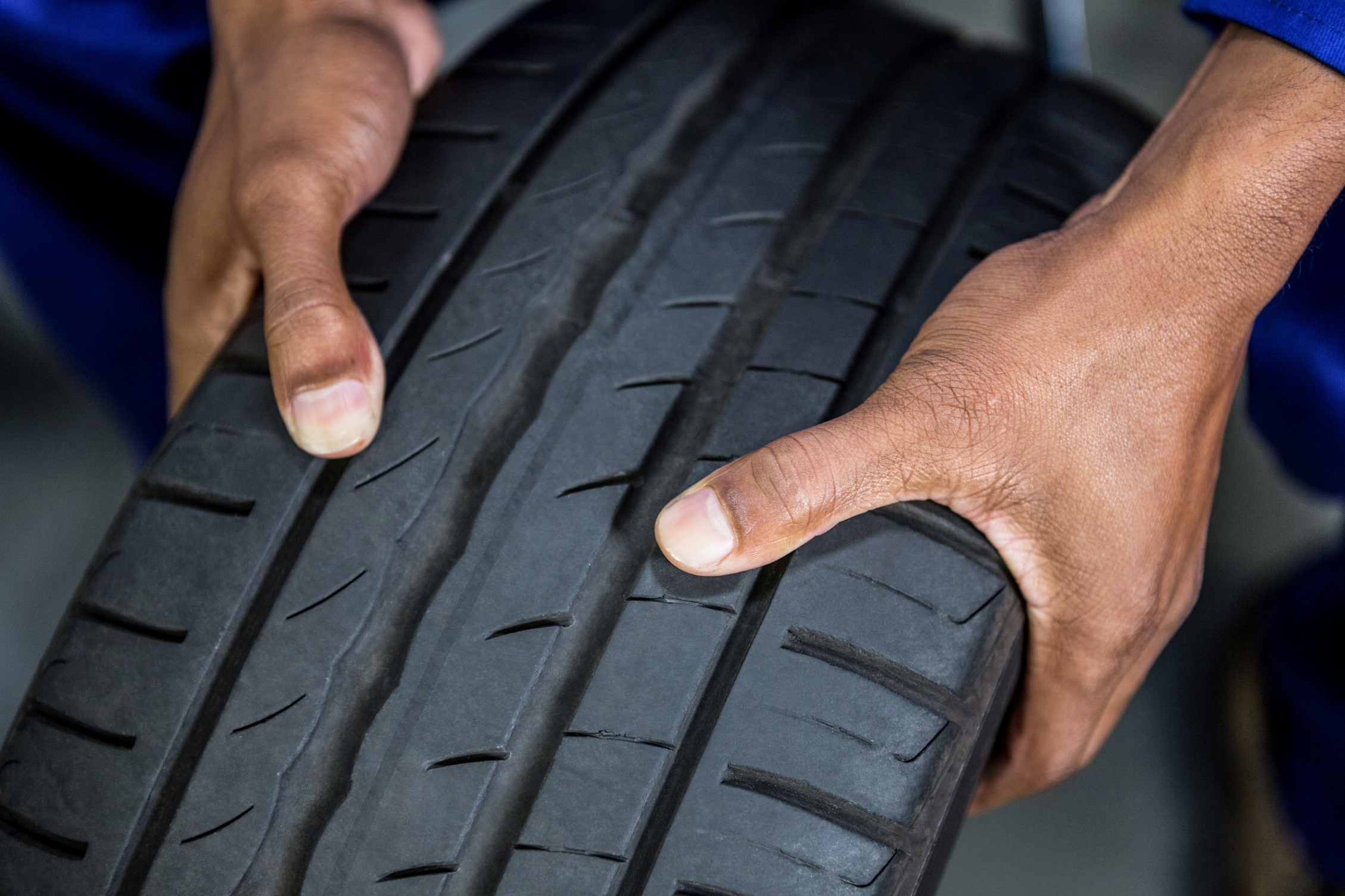Deep dive into the chronic toxicity of tyre particle mixtures and their leachates

Plastic microparticles from tyres: a growing environmental concern
Recent research sheds light on plastic microparticles originating from vehicle tyres as a significant environmental pollutant, potentially surpassing chronic safety limits in contaminated areas. A study conducted by the University of Plymouth and the University of Exeter, investigates the chronic toxicity of microparticles and chemical leachates from tyres in the environment.
Examining the effects on aquatic life
The study focused on water fleas, small crustaceans commonly used as indicators of environmental health. They show that both the plastic microparticles itself and the chemicals leached from tyres can have detrimental effects on the reproduction and development of these water fleas. The leachate contained high levels of zinc, titanium, strontium and numerous toxic organic chemicals, with over 50 classified as very toxic. Furthermore, it was noticed that these particles were ingested by the water fleas, which raises concerns about the impact on the entire aquatic ecosystems.
The TYRE-LOSS project
The study is part of the larger TYRE-LOSS project, that aims to assess an until now hidden form of marine litter from tyre particles and show the effects it could have on our seas. This project builds on previous studies that demonstrated the substantial quantities of tyre particles entering our rivers and the sea via storm water, waste water and from airborne dust. TYRE-LOSS expands on this success to measure tyre particle concentrations at their points of entry to the marine environment and then describe their subsequent transport in the water column.
This research underlines the urgent need to address ‘tyre-pollution' and its detrimental effects on aquatic ecosystems. Efforts to mitigate the impact of tyre particles are crucial for safeguarding environmental health and biodiversity.
The complete study “Deep dive into the chronic toxicity of tyre particle mixtures and their leachates “ can be found here. For more information on the TYRE-LOSS project check the website of the University of Plymouth.
EmConSoil coordinator
- Adres
- Stationsstraat 110
2800 Mechelen
Route en bereikbaarheid - Telefoon
- +32 15 284 284
